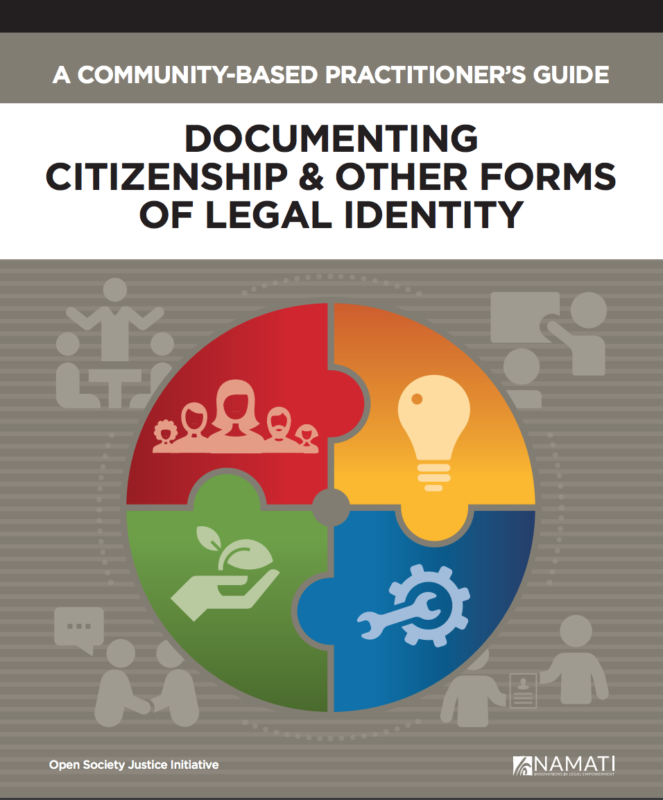National Land Use Policy [Myanmar] - 6th Draft (Burmese မြန်မာဘာသာ)
Objectives... Basic Principles... Land Use Administration... Formation of the National Land Use Council... Determination of Land Types and Land Classifications... Land Information Management... Planning and Changing Land Use... Planning and Drawing Land Use Map... Zoning and Changing Land Use... Changing Land Use by Individual Application... Grants and Leases of Land at the Disposal of Government Procedures related to Land Acquisition, Relocation, Compensation... Part-VI Land Dispute Resolution and Appeal... Land Disputes Resolution... Appeal...



